Scenario Journal is an online publication focused on the next generation of urban landscapes. From planners looking to model urban growth and achieve better neighborhoods, landscape architects designing hybrid natural systems and urban developments, ecologists taking cities seriously as habitats, architects concerned with building performance and street life, to engineers developing more efficient and more public infrastructure, there are many exciting projects taking shape that promise to improve the way our cities perform.
While multiple professions have shown a renewed interest in the functioning and life of cities, parallel conversations occur within disciplinary silos, with too little cross-pollination across related fields. Scenario seeks to create a free and accessible platform for showcasing conversations across disciplines that spark collaboration, rethink urban landscape performance, and lay down an interdisciplinary theoretical framework for design innovation. Scenario builds on the theoretical foundation of “landscape urbanism,” merging design intelligence and scientific inquiry, to support the continued exploration of this concept and collaborative project.
Scenario brings together work from practitioners, academics and students of landscape, planning, architecture, art, engineering, and environmental science. The journal is committed to striking a balance between rigorous and critical academic pieces, provocative thought pieces, design projects and graphically lush photo essays/artistic work. Scenario Journal is generously supported by the University of Pennsylvania School of Design, the journal’s primary affiliation.
.
Why Scenario?
In the 20th century, scenario planning emerged as a potent tool for testing potential strategies against unknown and unpredictable futures. First developed based on military strategic planning and wargaming, scenario planning was adopted by corporations interested in long-term trend forecasting, most famously by Royal Dutch Shell in the 1970s. By running multiple narratives within models of future social, political, economic, and environmental conditions, unexpected outcomes could be anticipated and complex feedback loops discovered.
Today, as we strive to adapt our built and natural environment to rapidly changing conditions, scenario planning has a newfound importance for design and planning. The opportunity for acting on complex landscapes with nimble and contingent operations rather than singular and totalizing designs highlights the need for new tools and techniques. Scenario-driven design substitutes the certainty of the masterplan with strategic testing regimes that can respond to alternate and uncertain outcomes. By combining simulation and modeling, scenario-based operations allow us to design with confidence in uncertain terrain.
Masthead
Stephanie Carlisle, Co-Editor-in-Chief
Nicholas Pevzner, Co-Editor-in-Chief
University of Pennsylvania School of Design, Academic Partner
BlinkTag Inc., Web Design and Development
Previous Issue Editors
Max Piana, Guest Editor, Scenario 4: Building the Urban Forest
Sarah Peck, Editor, Scenario 1: Landscape Urbanism
Eliza Valk, Editor, Scenario 1: Landscape Urbanism
Previous Research Assistants
Alexandra Lillehei, Ishaan Kumar, Jeiru He, Colin Curley, Jacqueline Martinez, Autumn Visconti, Anooshey Rahim, Leo Robeleto Costante
Contributors
Scenario 7: Power
Arturo Massol-Deyá
Bruno De Meulder
Catherine De Almeida
Charlotte Timmers
Daniela Lloveras-Marxuach
Dirk Sijmons
James Temple
Janette Kim
Juan Terrasa-Soler
Julie Marin
Kees Lokman
Lauren Delbridge
Maarten Hajer
Micah Rutenberg
Michael W. Smith
Nicholas Pevzner
Salvador Lindquist and Eric Minton
Stephanie Carlisle
Viktoria Khokhlova
Scenario 6: Migration
Alex Klatskin
Antonia Rudnay
Audrey Burns Leites
Bruno De Meulder
Derek Hoeferlin
Eduardo Rega
Fadi Masoud
Ian Caine
Karl Kullmann
Maria Gabriella Trovato
Mike Yengling
Nicholas Pevzner
Stephanie Carlisle
Steven N. Handel
Tami Banh
Traumnovelle
Wim Wambecq
SCENARIO 5: EXTRACTION
Alexander Breedon
Bradford Watson
Christie Allen
Claudia Bode
Elizabeth Yarina
Frank Matero
Gavin Bridge
Guy Trangos
J. Henry Fair
Jamie Vanucchi
Kerry Bobbins
Lauren Sosa
Matthew Wiener
Neeraj Bhatia
Neyran Turan
Nicholas Pevzner
Rob Holmes
Sean Burkholder
Stephanie Carlisle
SCENARIO 4: BUILDING THE URBAN FOREST
Adriaan Geuze
Alex Felson
Anna Misharina
Blake Troxel
Brian Davis
Chieh Huang
Dillon Marsh
Emily Oldfield
Goodweather Collective
Jamie Vanucchi
Jill Desimini
Karen Lutsky
Keith Chung
Lara A. Roman
Maarten Buijs
Mark Bradford
Max Piana
Nicholas Pevzner
Richard Weller
Robert Warren
Roxi Thoren
Sarah Moos
Stephanie Carlisle
Tatum Hands
SCENARIO 3: RETHINKING INFRASTRUCTURE
Brett Milligan
Catherine Seavitt
Dane Carlson
Jill Desimini
Julian Bolleter
Ksenia Kagner
Laila Seewang
Laura Solano
Margie Ruddick
Meg Studer
Michael Ezban
Michael Geffel
Nicholas Pevzner
Richard Weller
Rob Holmes
Scott Muller
Stephanie Carlisle
SCENARIO 2: PERFORMANCE
Adrian Benepe
Ariana Bain
Charles McKinney
Christian Runge
Eva Gladek
Izabela Riano
Jeanette Compton
Lea Johnson
Michael Miller
Mona El Khafif
Nicholas Pevzner
Peter Del Tredici
Renee Kaufman
Stephanie Carlisle
SCENARIO 1: LANDSCAPE URBANISM
Andrea Hansen
Charles Waldheim
Christopher Gray
Eliza Shaw Valk
Gerdo Aquino
Lauren Manning
Laura Tepper
Meg Studer
Sarah Kathleen Peck
Shanti Fjord Levy
Scenario 7: Power
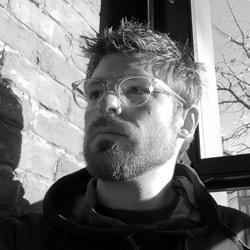
Nicholas Pevzner 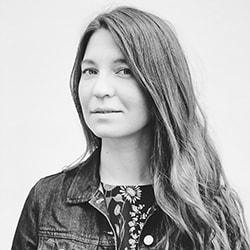
Viktoria Khokhlova 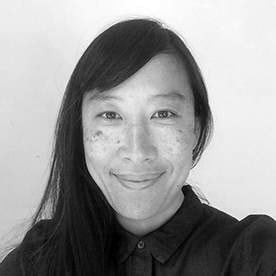
Janette Kim 
Michael W. Smith 
Kees Lokman 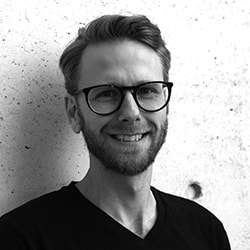



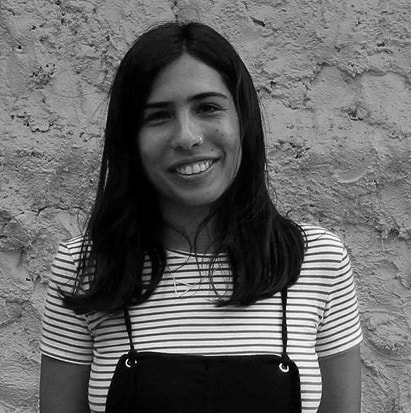
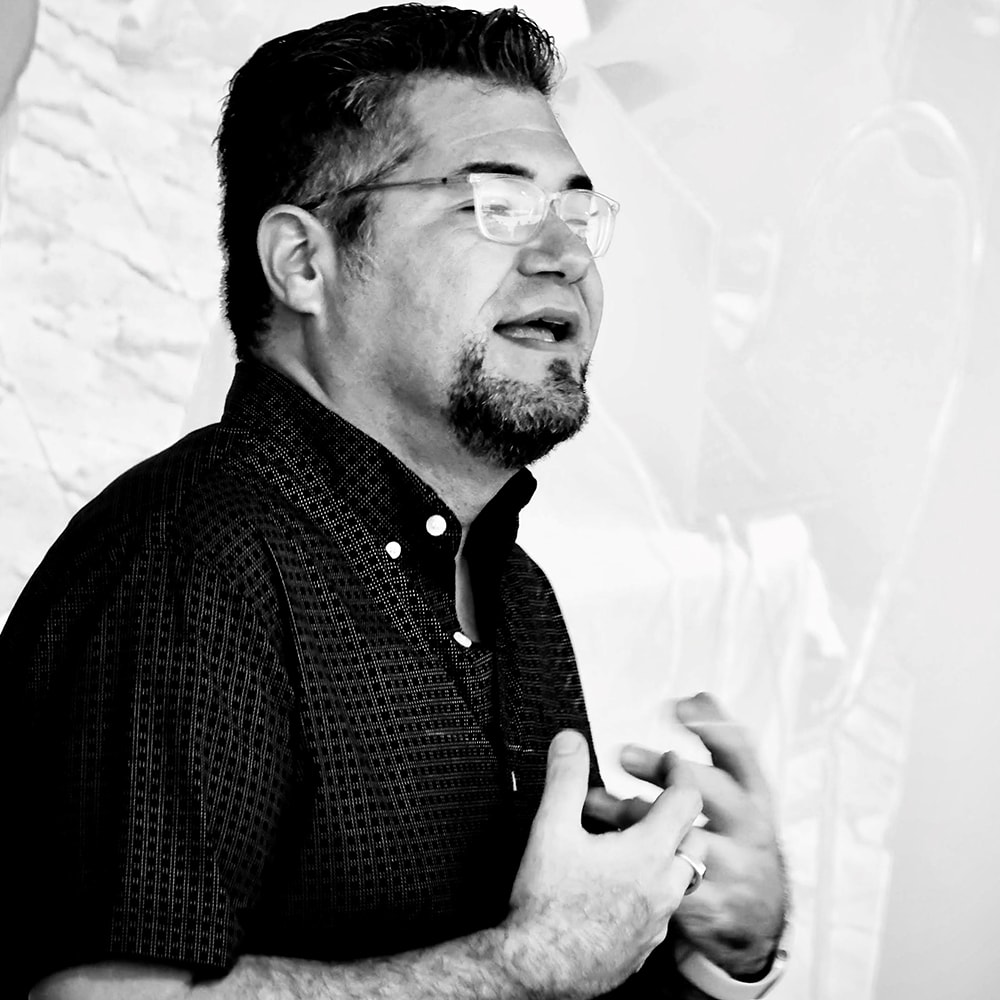

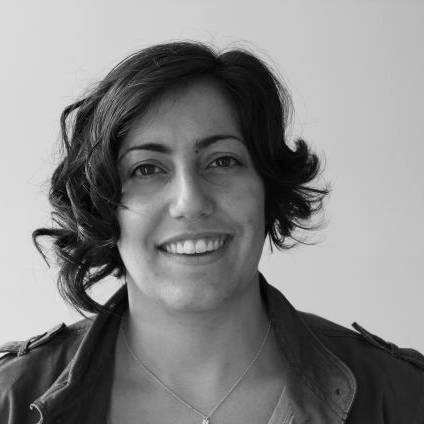


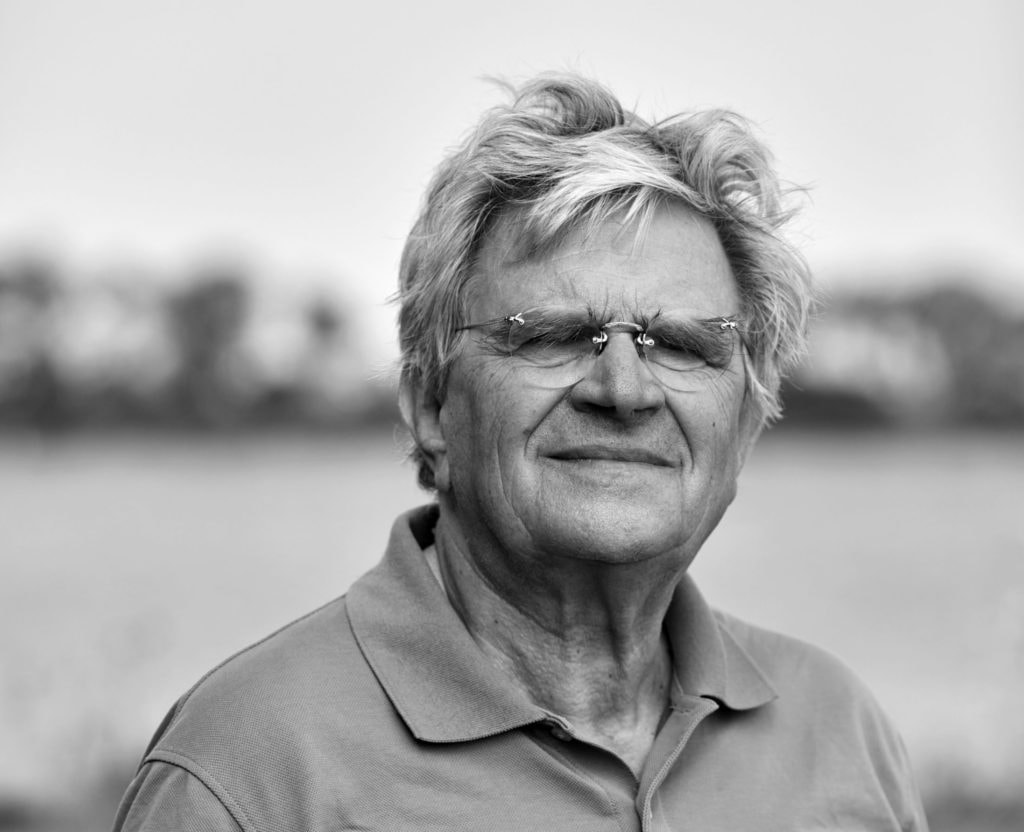


All essays, comments and other content published in Scenario Journal, remain the property of their authors. While reproduction of more than a reasonable excerpt without the author’s permission is prohibited, by submitting any content to Scenario Journal, authors give Scenario Journal Inc. permission to republish, reprint or exhibit, either online, physically or in print, all such content, including any content derived from author’s pieces.
Scenario Journal has no obligations for the comments posted on its site. Views expressed by authors or other contributors to the site are solely their own and do not necessarily represent the views of Scenario Journal Inc., University of Pennsylvania School of Design or of reviewing editors.